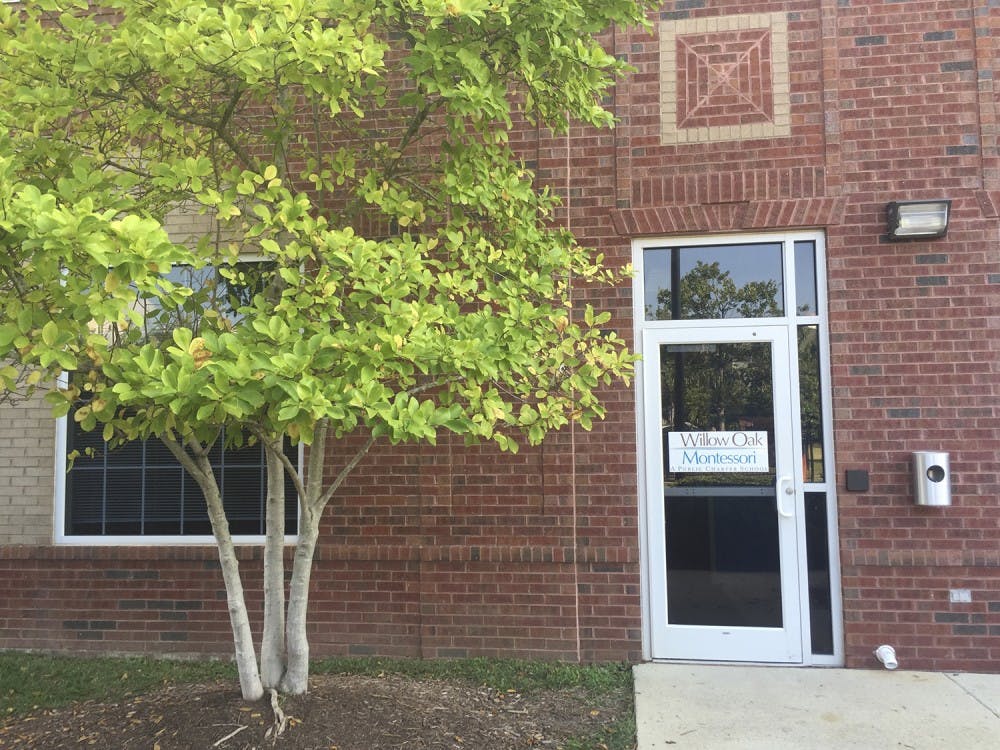Following a vote from the State Board of Education Thursday, the schools will no longer be required to adhere to state laws that provide some non-negotiable guidelines on school operations.
Of the 19 schools with the new flexibility, 10 are located in Wake County and nine are in Warren and Cabarrus counties.
Tim Simmons, spokesperson for the Wake County Public School System, said the schools look forward to implementing some changes.
“We’d like to have this kind of flexibility for lots of schools, but the state limits who can apply,” he said. “So those schools were selected, at least in part, based on the state’s criteria.”
Simmons said the schools will now be able to decide for themselves how best to budget their money.
“Traditional schools are allotted certain dollars for certain purposes,” he said. “The restart model allows you to use that money more flexibly across lines.”
The low-performing Wake County schools do not have a specific plan for how they will use their new flexibility, Simmons said, but hope to increase the skill level of their students.
“You can’t assume all of last year’s third graders are this year’s fourth graders, but you do have control over how much they learn in a year,” he said.



